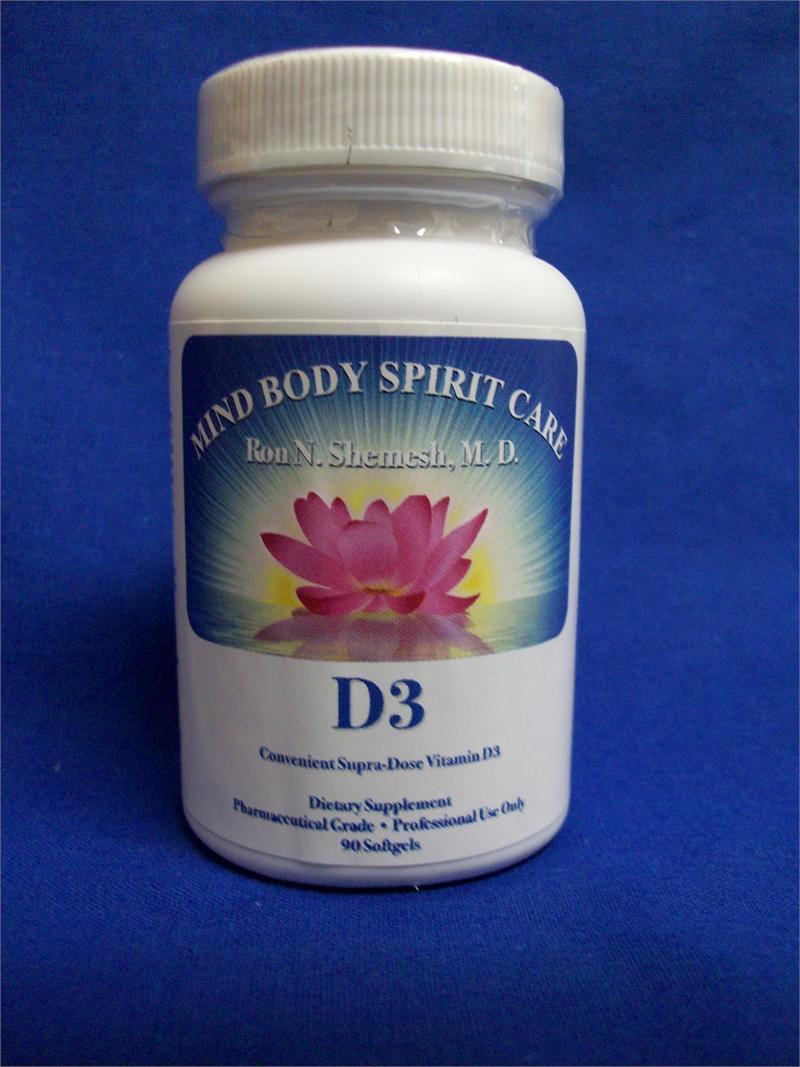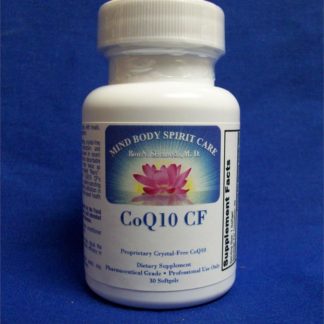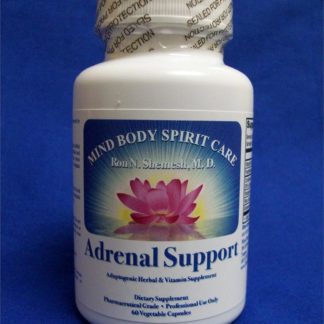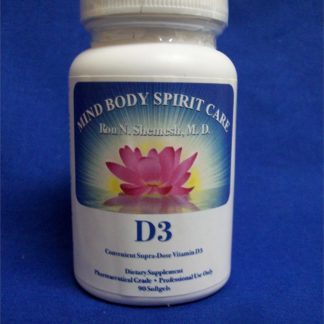Description
Ergocalciferol (D2) and cholecalciferol (D3) are very similar biochemically; however, vitamin D(2) is one-third the potency and has shorter duration of action relative to vitamin D(3).1 Both forms of the vitamin have to undergo two sequential hydroxylation reactions in vivo to make them biologically active. The kidneys convert D3 into the hormone calcitriol which affects bone, intestine, muscle, brain, skin and immune system cells. Calcitriol is important for healthy cell differentiation. The active metabolites of cholecalciferol increase plasma levels of calcium and phosphorous by increasing the amount of calbindin, the protein responsible for binding calcium in the intestine, and by stimulating transfer of calcium and phosphorus from the bone to the plasma. In addition to the association of vitamin D blood levels to bone metabolism, researchers have also demonstrated associations with healthy blood pressure, and blood sugar levels, as well as healthy pulmonary function. The prevalence of vitamin D insufficiency has been shown among patients with chronic musculoskeletal pain and dramatic reduction by supplementation with the vitamin has been demonstrated. Research demonstrates 1, 25-dihydroxyvitamin D3 is an immune modulator and the majority of 63 observational studies in a PubMed database search demonstrated a chemo protective role of vitamin D. Data also suggests that vitamin D therapy may prolong survival in patients with chronic kidney disease. A study reported in Stroke concluded Vitamin D deficiency is present in most cases of acute stroke and may even precede a stroke event and that post-stroke repletion enhances musculoskeletal health. The standards for recommended dietary intakes of vitamin D are being scrutinized for being too low. The consensus of scientific understanding at this time appears to be that vitamin D deficiency is reached for serum 25-hydroxyvitamin D (25OHD) levels less than 20 ng/mL (50 nmol/L), insufficiency in the range from 20-32 ng/mL, and sufficiency in the range from 33-80 ng/mL, with normal in sunny countries being considered 54-90 ng/mL, and excess greater than 100 ng/mL.
Latest posts by Mind Body Spirit Care (see all)
- The Connection Between Headaches and Hormones - April 21, 2024
- Foods to Avoid if You Suffer From IBS - March 23, 2024
- 8 Tips for Maintaining a Healthy Lifestyle - March 15, 2024






